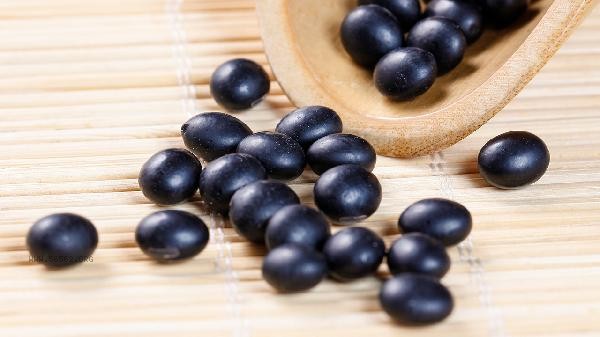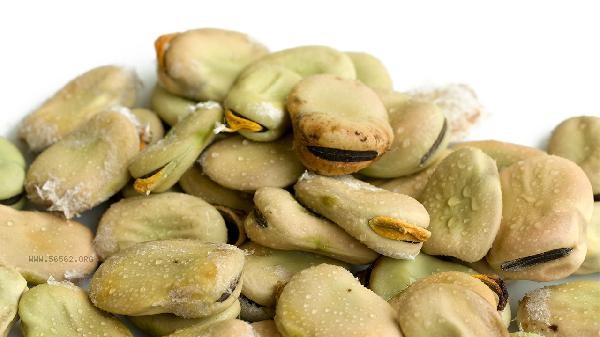Elevated uric acid levels can be controlled through dietary adjustments. It is recommended to consume low purine foods such as winter melon, cherries, celery, skim milk, and whole grains, while limiting the intake of high purine foods.
1. Winter melon:

Winter melon has a water content of over 95% and has a significant diuretic effect, which can promote uric acid excretion. Its purine content is only 2.8mg/100g, which is representative of low purine foods. It is recommended to boil soup with skin, as the triterpenoids contained in the skin have anti-inflammatory effects and can help alleviate gouty joint swelling.
2. Cherries:
Cherries are rich in anthocyanins and vitamin C. Clinical studies have shown that daily intake of 200g cherries can reduce the risk of gout attacks by 35%. The quercetin contained in it can inhibit the activity of xanthine oxidase and reduce uric acid production. It is better to choose the variety with dark red color, but diabetes patients need to control their intake. 3. Celery: Celery contains a large amount of apigenin and potassium ions, which can alkalize urine and increase the solubility of uric acid. Each 100g of celery contains only 8.7mg of purine, and its dietary fiber can also delay purine absorption. It is recommended to blanch the ingredients in sections and mix them cold. Prolonged high temperature cooking can damage the active ingredients.
4. Skimmed milk:

The whey protein in skimmed milk can promote uric acid excretion, while its casein can inhibit the formation of uric acid crystals. Drinking 300ml daily can reduce blood uric acid by about 10%. Choosing calcium fortified varieties is better, but patients with kidney stones need to follow medical advice to control their calcium intake. 3. Whole grains: Whole grains such as oats and brown rice are rich in B vitamins, which can improve purine metabolism. Its glycemic index is low, which can reduce the inhibition of uric acid excretion by insulin resistance. Suggest replacing polished rice and white flour as staple food, soaking and cooking are more conducive to nutrient absorption.
In addition to the above-mentioned foods, daily water intake should be at least 2000ml, and drinking in small amounts in portions is more conducive to diluting uric acid. Avoid drinking sugary drinks and alcohol, especially beer which contains a large amount of guanine. Moderately engage in low impact exercises such as swimming and cycling to avoid triggering gout attacks with vigorous exercise. Regularly monitor blood uric acid levels, and if they remain above 420 μ mol/L, medication treatment should be combined. It is recommended to choose steaming and stewing as the cooking method, avoiding deep frying and thick soup. For meat, it is recommended to blanch and discard the soup before consumption.










Comments (0)
Leave a Comment
No comments yet
Be the first to share your thoughts!